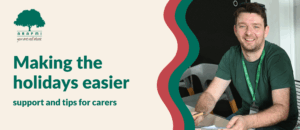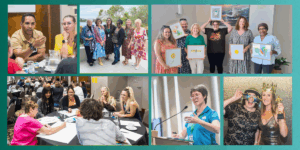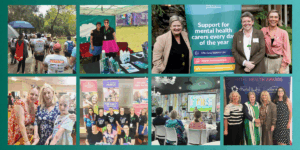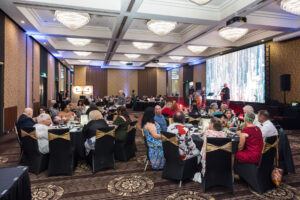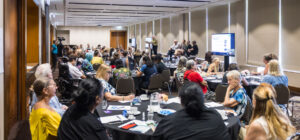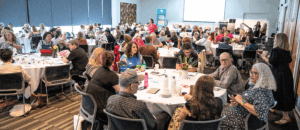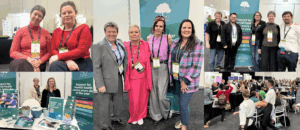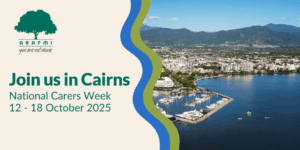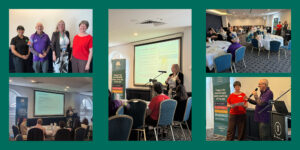
Future Planning 19 November – Focusing on Rights and Support
Future Planning Workshop: Focusing on Rights and Support – 19 November 2025 Our latest Future Planning workshop, held on 19 November at the Greek Club, brought together carers, families and supporters for an important conversation about rights, advocacy, and planning for the future. This session centred on understanding the systems that shape mental health care and social supports, and how to navigate them with confidence. Championing Rights in Mental Health Services We were delighted to welcome Margaret Murphy, an Independent Patient Rights Adviser (IPRA) working within the Metro South Hospital and Health Service. Margaret’s role is unique: although IPRAs work in public hospitals, they are independent from mental health services, allowing them to offer impartial advice to patients, nominated support persons, families and carers. Margaret explained how IPRAs support people to understand their rights under the Mental Health Act 2016, offer guidance during difficult or confusing periods of care, and help ensure that people feel informed and heard. She shared useful resources, including fact sheets, brochures and videos, which are easily accessible for anyone wanting to learn more. One story she shared captured the impact of this service: “Without the help of IPRA I would have left the hospital and

